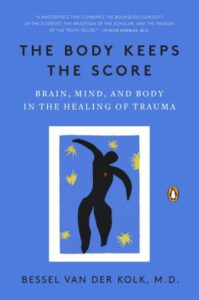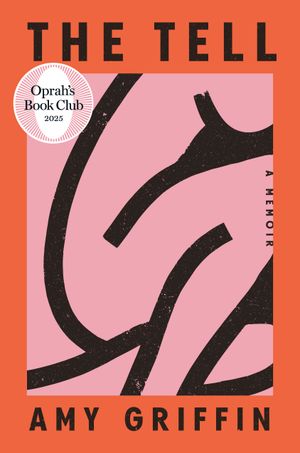For decades, Amy ran. Through the dirt roads of Amarillo, Texas, where she grew up; to the campus of the University of Virginia, as a student athlete; on the streets of New York, where she built her adult life; through marriage, motherhood, and a thriving career. To outsiders, it all looked, in many ways, perfect. But Amy was running from something—a secret she was keeping not only from her family and friends, but unconsciously from herself. “You’re here, but you’re not here,” her daughter said to her one night. “Where are you, Mom?” So began Amy’s quest to solve a mystery trapped in the deep recesses of her own memory—a journey that would take her into the burgeoning field of psychedelic therapy, to the limits of the judicial system, and ultimately, home to the Texas panhandle, where her story began.
In her search for the truth, to understand and begin to recover from buried childhood trauma, Griffin interrogates the pursuit of perfectionism, control, and maintaining appearances that drives so many women, asking, when, in our path from girlhood to womanhood, did we learn to look outside ourselves for validation? What kind of freedom is possible if we accept the whole story and embrace who we really are? With hope, heart, and relentless honesty, she points a way forward for all of us, revealing the power of radical truth-telling to deepen our connections—with others and ourselves.




